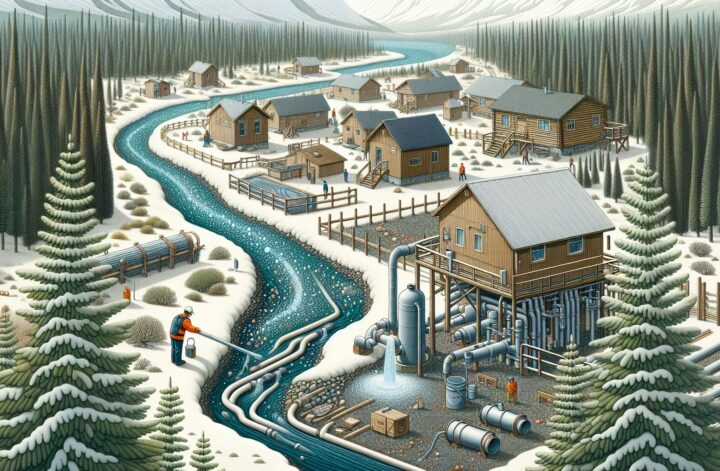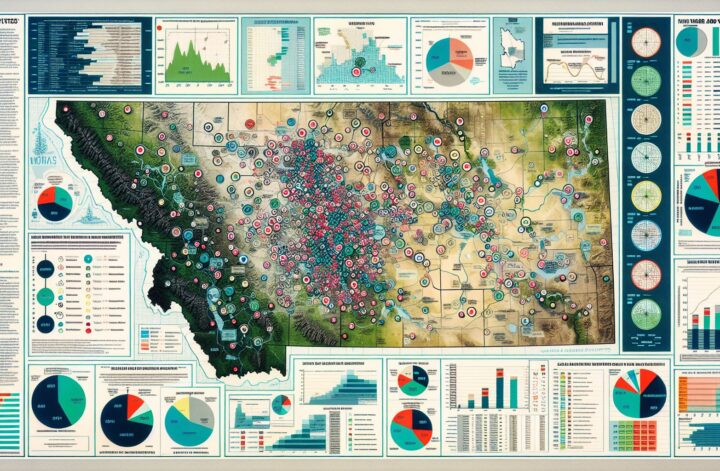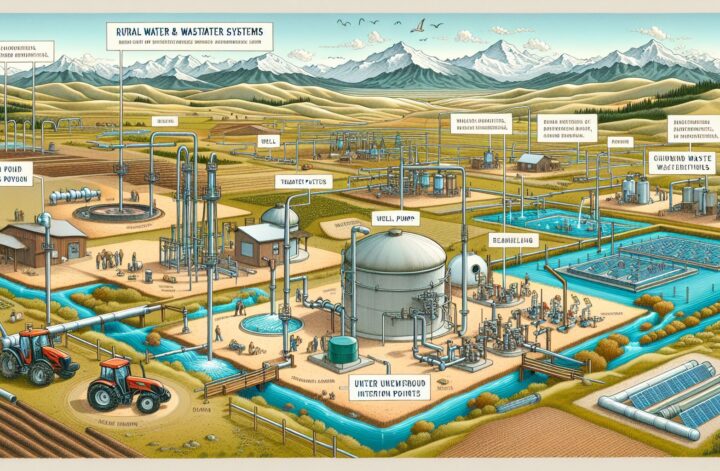Nebraska, an agricultural powerhouse, is a state characterized by expansive farmlands, a diversified economy, and resilient rural communities. An often overlooked, yet essential element that aids Nebraska’s rural continuance is its rural water and wastewater systems.
Water systems in Nebraska’s rural areas are primarily managed by public water supply systems that provide water for both public and residential usage, including commercial and community use. These public water supply systems utilize surface water and groundwater sources. However, Nebraska’s reliance on groundwater is notable given that approximately 85% of its public water supply systems are dependent on groundwater sources[^1^].
While public water supply systems offer a solution for rural water needs, decentralized wastewater systems remain vital in managing wastewater in Nebraska’s non-metropolitan communities. Populations under 2500 and households scattered across large landscapes make centralized sewer systems unfeasible in these areas.
Challenges persist in Nebraska’s rural water systems, mainly due to aging infrastructure, decreased populations, and increasing regulations. The Nebraska Department of Environmental Quality (NDEQ) notes that some of Nebraska’s water systems are over 100-year-old, requiring significant upgrading or replacement[^2^].
Talking about wastewater management, the systems are still heavily reliant upon septic systems. However, an increasing number of small, decentralized packaged plants are starting to replace traditional septic systems. These plants, while requiring significant investment, are able to more effectively treat wastewater, meeting the increasingly tightened regulations set forth by the Environmental Protection Agency (EPA).
On the brighter side, federal and state funding initiatives offer financial relief to these challenges. For instance, the Drinking Water State Revolving Fund (DWSRF), managed at the state level by the NDEQ, provides financial assistance to support water infrastructure development across the state[^3^].
Similarly, the USDA Rural Development Office in Nebraska offers funding and technical assistance for wastewater management, primarily through its Water & Waste Disposal Loan & Grant Program. This program aims to assist communities with 10,000 or fewer residents in developing sustainable waste disposal and water systems[^4^].
Systematic approaches to improving rural water and wastewater systems are the cornerstone for sustainable rural development. On the path of recovery and rebuilding, communities in rural Nebraska are making groundbreaking efforts to better manage their water resources, providing a beacon of hope for rural communities across the nation.
[^1^]: USGS – Nebraska Water Science Center
[^2^]: Nebraska Department of Environmental Quality
[^3^]: Drinking Water State Revolving Fund (DWSRF)
[^4^]: USDA Rural Development – Nebraska




